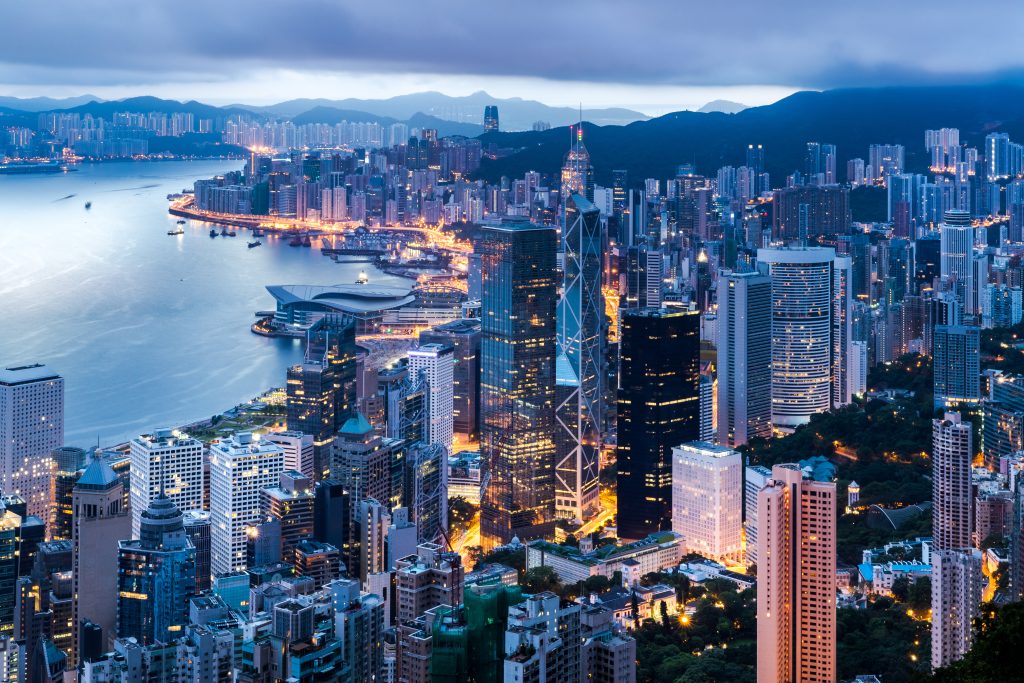For the first time, Hong Kong’s leader has welcomed Saudi Arabian elites to the city for an investment conference, showcasing its efforts to forge new business partnerships in the face of a struggling economy and geopolitical uncertainty. The two-day event, organized by the Hong Kong government, its stock exchange, and the Future Investment Initiative (FII) Institute, highlights the deepening ties between Hong Kong and the Middle East, particularly the Kingdom of Saudi Arabia.
In his opening remarks, Hong Kong Chief Executive John Lee described the conference as a significant step forward in strengthening the relationship between Hong Kong and Saudi Arabia. The FII Institute, a nonprofit founded by Saudi Arabia’s sovereign wealth fund, the Public Investment Fund (PIF), hosts an annual event in Riyadh known as “Davos in the Desert.”
The FII Institute Chairman, Yasir Al-Rumayyan, expressed the institute’s interest in expanding in Asia, with plans to open offices in China and India. Hong Kong was chosen as a partner for the event due to its status as a major financial hub and its proximity to mainland China.
Hong Kong has actively pursued closer ties with Saudi Arabia this year to mitigate the risks posed by US-China tensions, which have led to the potential reduction of operations by Western companies in the city. The summit is seen as a significant boost to Hong Kong’s economy, which has faced challenges such as an exodus of foreign talent, declining property prices, and a decrease in the number of foreign companies using the city as a regional base.
The strategic partnership agreement signed between China and Saudi Arabia last year further enhances the potential benefits of increased cooperation between Hong Kong and Saudi Arabia. George Chan, a global IPO leader for EY, believes the summit helps Hong Kong diversify its economic partnerships and leverage its strength in bridging mainland China, Asia, and global capital flows.
Market Slump
In light of a global economic slowdown, Hong Kong is facing a dearth of initial public offerings (IPOs). Data provider Dealogic reports that the city is experiencing its worst year for IPOs since 2003, with proceeds reaching just under $4.6 billion as of early December.
The Hong Kong government is working to reverse this trend. Earlier this year, Chief Executive John Lee visited Riyadh and discussed the possibility of a listing in Hong Kong with the CEO of state-owned oil company Saudi Aramco. A successful Aramco listing in Hong Kong could revitalize the city’s IPO market and position it as a gateway between Middle Eastern companies and Asian ambitions in the long term.
The Chairman of Aramco, Yasir Al-Rumayyan, who also serves as the Chairman of the FII Institute, did not mention the prospect of a secondary listing during the conference. Laura Cha, Chair of the Hong Kong stock exchange, stated that she could not comment on individual companies but mentioned that there is a healthy pipeline of potential listings.
Hong Kong has taken steps to facilitate secondary listings, including adding the Saudi stock exchange to its list of recognized exchanges. This allows Saudi-listed companies to apply for secondary listings in Hong Kong. Additionally, Hong Kong recently introduced Asia’s first exchange-traded fund (ETF) that tracks Saudi Arabian equities, providing investors with easy access to shares in the Gulf country’s largest listed companies.
By diversifying its economic partnerships and strengthening ties with Saudi Arabia, Hong Kong aims to stimulate its economy and navigate the complexity of global challenges.
